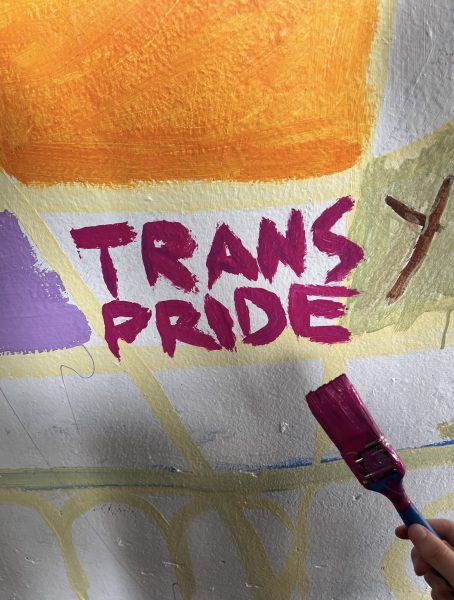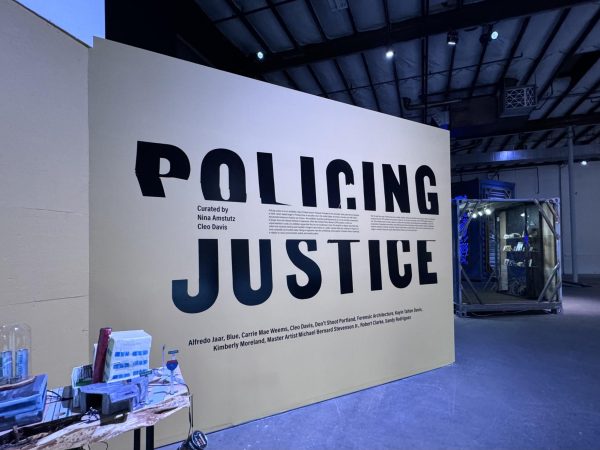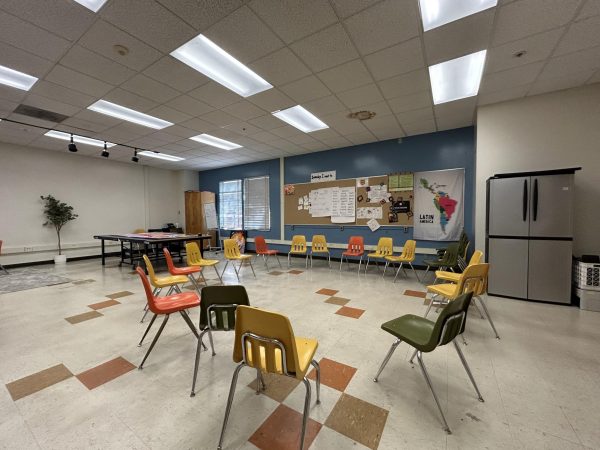Lincoln, pushing the boundaries of racial sensitivity
Lincoln is known for many things – a great football team, artistic theatrical performances, and intense amounts of school pride.
However, Lincoln is also known as one of the least-diverse schools in Portland, with more than 74 percent of its students identifying as Caucasian. When attending a school with such a large disparity among race demographics, instances of racial insensitivity can occur more often than many would like to believe.
Many students of color at Lincoln, and at high schools all over the world, have experienced microaggressions on some level during their pursuit of education. One Lincoln High schooler who has asked to keep her name off record due to the controversial nature of this article, claims that in her experience, “students at Lincoln can be very insensitive and ignorant.”
Another student of color suggests that it’s not only students who can be racially insensitive. She said a teacher recently made her feel “uncomfortable,” and singled out. According to the student, a teacher made a comment suggesting her family had direct ties to the oil industry, based on the fact that she is a student of Middle Eastern descent.
And while she acknowledged that the comment may have been meant as a joke, the student “didn’t personally find [the comment] to be funny” and saw it rather as a form of “disrespect” towards her and her family.
Other teachers denounced the alleged comment.
English teacher Mark Halpern said that “it saddens me that if these allegations are true that someone would say this, because [Principal] Peyton [Chapman] has created a culture where we’re engaged in this [racial equity training] and taking it seriously.”
When asked why the student did not come forward with the complaint to the principal, she responded that she felt that “Lincoln does not seem to care about their students as much as they say they do. They don’t take matters seriously unless parents get involved [and students] should not have to ask [their] mom or dad to speak to a teacher about [their] issues for them.”
Halpern says he can, “certainly understand why [the student may] feel vulnerable and not want to talk,” but he still feels that “they should’ve gone to Peyton [because] she would be incredibly open and receptive.”
Thankfully Chapman reassured students that “We [Lincoln High] would apologize to a family if this kind of comment was made and we’d work to help the teacher better understand the negative costs associated with this kind of cultural stereotyping.”
Racially insensitive comments, especially from teachers, can cause the recipient to feel isolated from their peers and make them think that seeking help from other adults is pointless.
Fortunately, there have been policies put in place to help ensure that students will no longer suffer racial insensitivity from teachers or administrators. In fact Lincoln has “provided staff with racial equity and racial micro-aggressions training for the past eight years,” Chapman states.
Despite the fact that the faculty receives recurring diversity training, it may not always be sufficient in practice when dealing with minorities in the student body.
However Chapman “hope[s] that students (those receiving mistreatment and those witnessing it) will share these kinds of concerns directly and immediately with any adult.”
With the help of our dedicated principal, teachers with extensive diversity training, and brave outspoken Lincoln students, we can help ensure a safe and comfortable learning environment for our proud Cardinal Flock.










